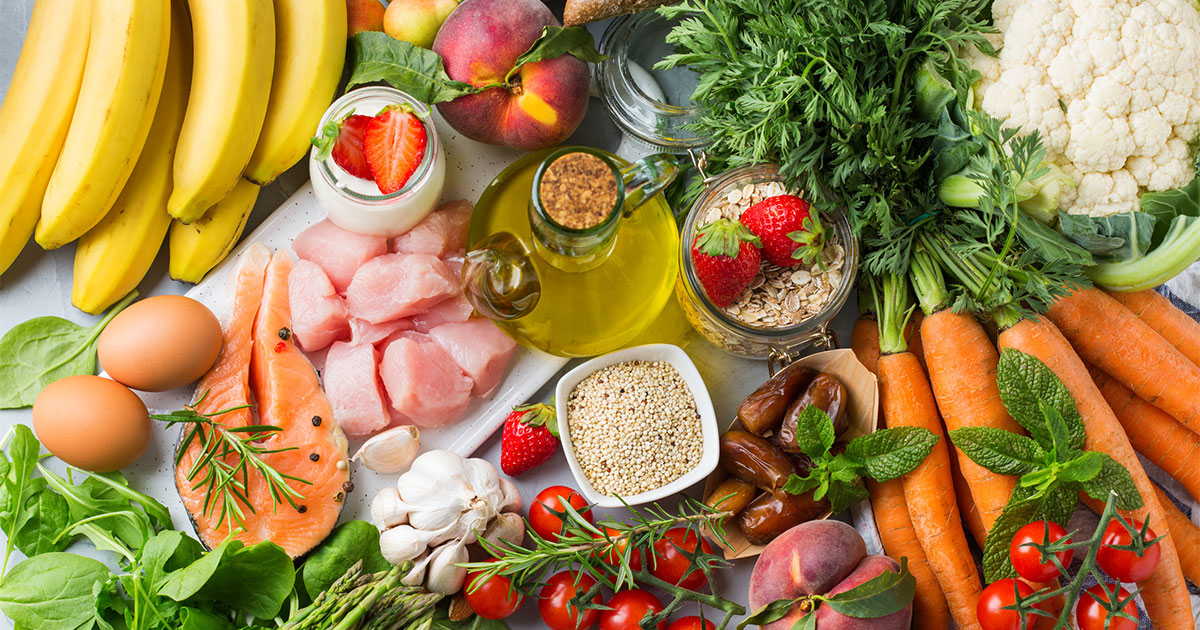Nutrition and Cancer: Explore the impact of nutrition on cancer prevention and treatment, highlighting foods that may help or hinder
What are the risk factors associated with food in the causation of cancer?
Diet plays a major role in the causation and prevention of cancer. Nearly 30% of cancers are estimated to be due to the western diet (standard American diet), sedentary lifestyle habits, and their consequences. Due to increased adoption of this diet in our lifestyle from the western world, which has high concentrations of sugars, processed foods with less fiber, and a sedentary lifestyle, there might be an increased incidence of cancers in the Indian subcontinent in recent years. Increased intake of foods with highly concentrated sugars, processed foods, and less fiber impairs glucose metabolism, subsequently leading to obesity and cancer.

